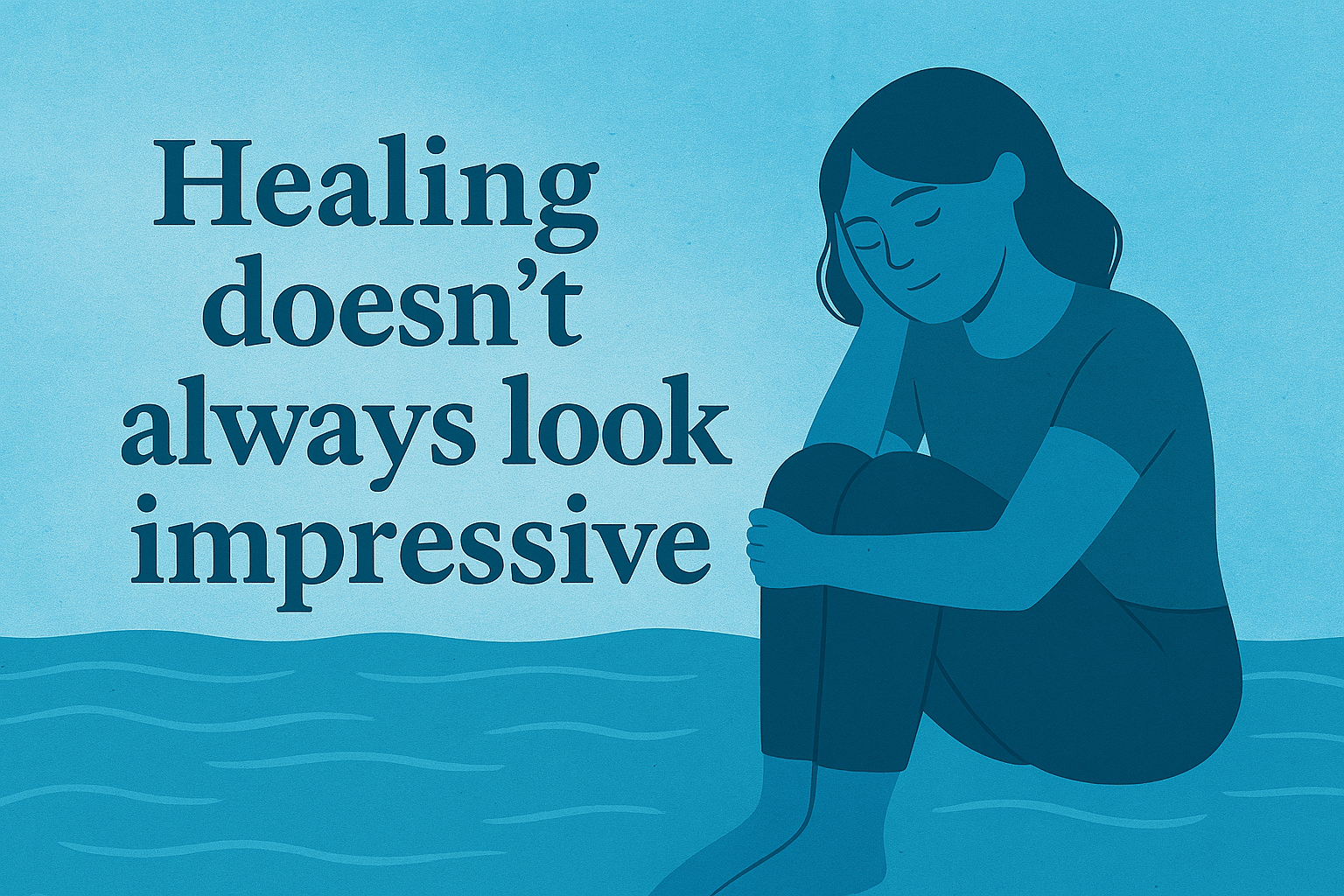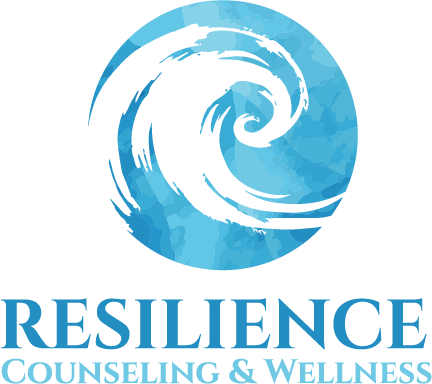When we think about healing, we often picture something dramatic: a powerful breakthrough in therapy, a life-changing realization, or a complete transformation. These moments are real—and they matter. But they’re not the only way healing happens.
For many people, healing is quiet. It’s subtle. It unfolds in the background of everyday life, often without fanfare or recognition. And that kind of healing is just as valid.

The Myth of “Big” Progress
In a culture that celebrates productivity and visible success, it’s easy to feel like you’re not doing enough unless your growth is obvious. But real mental health progress often looks like:
- Saying “no” when you used to say “yes” out of guilt.
- Taking a deep breath before reacting.
- Getting out of bed on a hard day.
- Choosing to attend your therapy session even when you don’t feel like talking.
- Letting yourself rest without needing to earn it.
These small steps in therapy and daily life are often overlooked—but they’re the foundation of long-term healing.
Invisible Healing Is Still Healing
Just because no one sees your progress doesn’t mean it isn’t happening. In fact, some of the most meaningful shifts happen internally:
- Learning to self-soothe instead of spiraling.
- Challenging beliefs that once felt like truth but were rooted in survival.
- Letting yourself feel sadness or anger without judging it.
- Practicing self-compassion, even when your inner voice resists it.
- Reaching out for support—even when it’s uncomfortable.
- Setting boundaries that protect your peace, not just your schedule.
- Choosing rest when the world pushes you to keep going.
These may not earn likes or loud applause. But they are evidence of growth. They are signs that you’re tending to the parts of yourself that have gone unseen or ignored. And that matters.
Real healing isn’t a performance—it’s a process. And often, it’s in these uncelebrated moments where the deepest transformation occurs.
If you’re moving through one of those quiet seasons, take heart. You’re doing sacred work.
What Real Progress Looks Like in Mental Health
 Therapy isn’t about becoming someone else—it’s about becoming more fully yourself. And that process is rarely linear. You might have weeks where you feel strong and grounded, followed by days that feel like setbacks. That’s normal. That’s human.
Therapy isn’t about becoming someone else—it’s about becoming more fully yourself. And that process is rarely linear. You might have weeks where you feel strong and grounded, followed by days that feel like setbacks. That’s normal. That’s human.
Healing is not a checklist. It’s a relationship—with yourself, your past, your patterns, and your future. And like any relationship, it takes time, patience, and care.
Real progress isn’t measured by how many “good days” you’ve had, or how quickly you move forward. It’s seen in the quiet recalibrations happening beneath the surface:
- When you recognize a familiar trigger—and pause before reacting.
- When your internal monologue shifts from self-blame to self-understanding.
- When you stop overexplaining and simply say, “That doesn’t work for me.”
- When you come to therapy and tell the truth—even if your voice shakes.
- When you trust yourself enough to rest.
- When you reconnect with a part of you that felt long lost.
Sometimes progress means doing something different. Sometimes it’s doing the same thing, but with greater awareness and intention. Sometimes it’s just staying—staying in the process, in your body, in your life—when every instinct tells you to shut down or run.
These are not milestones that get celebrated with confetti. But they’re the moments where healing lives. They signal a growing capacity to choose presence over avoidance, compassion over criticism, and courage over comfort.
Progress doesn’t always roar. Often, it hums quietly in the background: “This used to break me. Now I notice it, and keep going.”
A Gentle Reminder
If you’re in a season where your healing doesn’t look impressive, we want you to know: we see you. Your effort matters. Your pace is valid. You don’t have to prove your progress to anyone—not even yourself.
Sometimes, the most courageous thing you can do is keep going.
“I’m still here.”
“I’m trying.”
“That’s enough for today.”
And that’s more than enough.
Healing is personal—and it doesn’t need to be dramatic to be meaningful. If you’re navigating your own journey and wondering what support could look like, we’re here to walk alongside you. Want to explore this more? Connect with us today!

